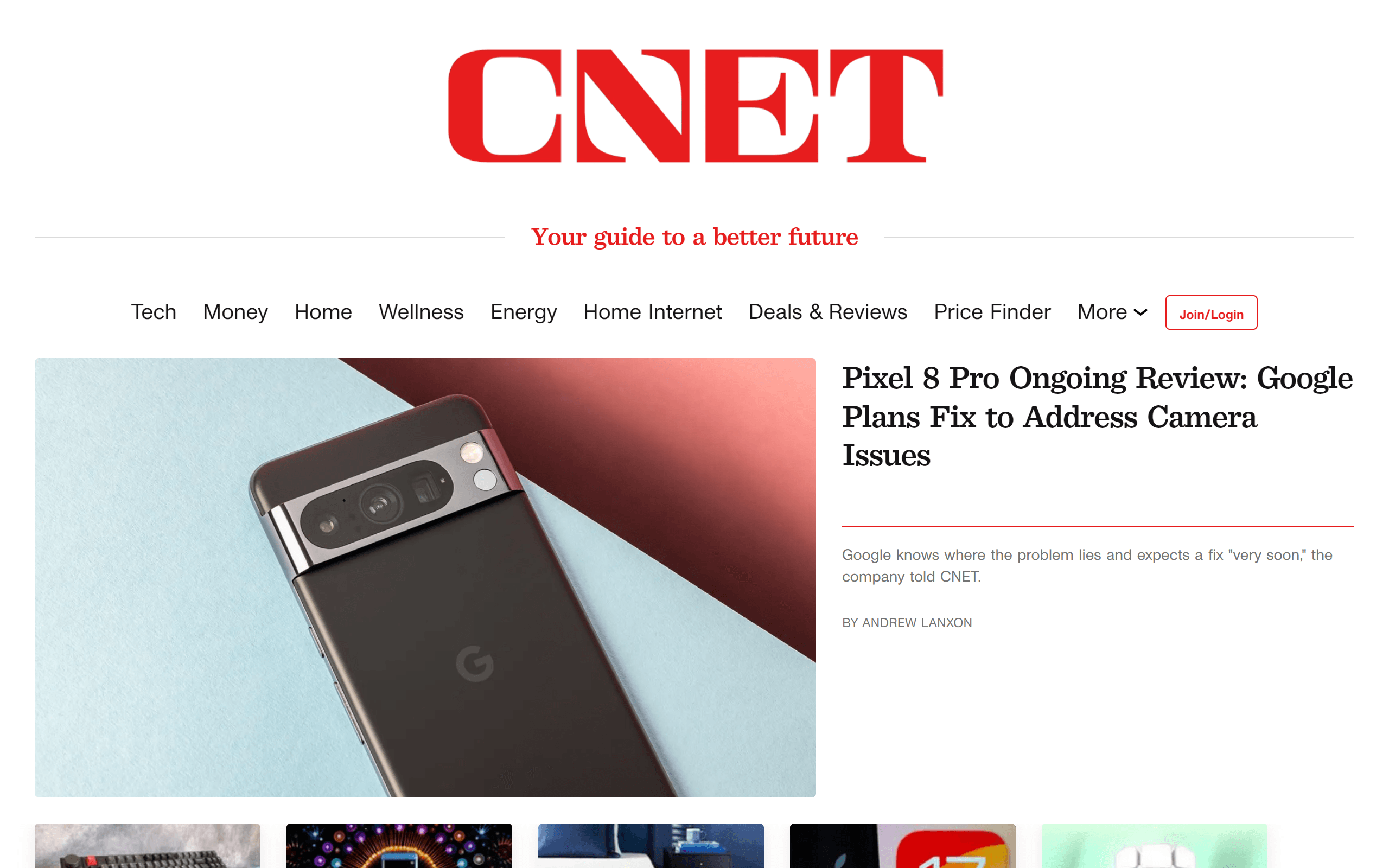The Best tech blog: Your Crucial Guide to Navigating the Digital World
How Blockchain Modern Technology Is Revolutionizing Information Security
Blockchain modern technology is fundamentally altering the landscape of information safety and security by introducing a decentralized structure that guarantees improved transparency and durability. Unlike standard systems, which count on central data repositories, blockchain disperses data across a network, minimizing susceptabilities and solitary factors of failure. The use of innovative cryptographic techniques ensures that information continues to be tamper-proof, cultivating trust fund amongst stakeholders and customers.
The Essentials of Blockchain
Blockchain technology, a revolutionary principle in electronic data administration, essentially transforms just how details is kept and safeguarded. At its core, a blockchain is a dispersed journal that records deals across a network of computer systems, making certain transparency and immutability. The innovation operates a chain of blocks, each consisting of a checklist of deals. When a block is filled up, it is time-stamped and linked to the previous block, producing a sequential chain.
Key to understanding blockchain is the hashing procedure, which encrypts deal information into an unique alphanumeric code. This cryptographic feature makes sure that any type of modification in the transaction data causes a totally various hash, thus protecting versus tampering. The agreement mechanism, an additional essential element, confirms and verifies brand-new purchases via a network of nodes, thus eliminating the need for a centralized authority.
In addition, blockchain's append-only framework guarantees that data, once added, can not be erased or modified. This characteristic warranties a permanent and proven document of purchases, cultivating depend on amongst individuals. Because of this, blockchain offers a robust structure for data integrity, providing markets a trustworthy approach for tracking and managing digital info in a safe and secure, clear way.
Decentralization and Safety
Decentralization, a core principle of blockchain innovation, substantially boosts information security by dispersing control throughout a network rather than depending on a singular, central entity. By distributing information across numerous nodes, blockchain makes certain that even if one node is compromised, the whole network remains safe and secure.

Each individual in the network has accessibility to the whole blockchain, enabling them to validate and investigate transactions independently. Generally, decentralization is instrumental in enhancing information protection in blockchain networks.

Cryptographic Methods
At the heart of blockchain modern technology, cryptographic methods play a pivotal function in securing data, making sure both privacy and stability. Cryptography in blockchain utilizes a mix of crooked and symmetrical formulas to encrypt information, making it available only to accredited celebrations.
Hash functions are an additional crucial component, changing input data into a fixed-size string of characters, properly developing a special electronic fingerprint for each and every block. This ensures that any type of effort to change the information will certainly result in a completely various hash, sites hence keeping the immutability of the blockchain. Furthermore, electronic trademarks verify the credibility and integrity of transactions, supplying a layer of non-repudiation.
The decentralized nature of blockchain, incorporated with robust cryptographic techniques, gets rid of the demand for middlemans, decreasing prospective vulnerabilities. As blockchain modern technology progresses, developments in cryptography such as zero-knowledge evidence and homomorphic encryption remain to boost protection steps, better strengthening data defense in this cutting edge digital ledger system.
Usage Situations Across Industries

In the medical care sector, blockchain ensures the secure storage and sharing of client records, promoting interoperability while safeguarding sensitive data from unauthorized accessibility. This technology link empowers patients with control over their case history and promotes smooth control among medical care service providers.
Supply chain management advantages substantially from blockchain's unalterable ledger, which makes certain traceability and authenticity of products from beginning to consumer. By boosting openness, blockchain assists mitigate issues such as counterfeiting and underhanded sourcing.
In addition, blockchain's decentralized nature is reshaping the power field by making it possible for peer-to-peer energy trading, where customers can get and sell excess renewable resource straight. This cultivates an extra reliable and sustainable energy ecosystem.
In the realm of intellectual home, blockchain offers a tamper-proof platform for developers to sign up and secure their jobs, making sure rightful attribution and reasonable payment. These varied use instances highlight blockchain's duty as an essential force in redefining information security throughout industries.
Future of Information Security
As we look to the future of data security, blockchain innovation is positioned to play a pivotal role in securing digital information. With its decentralized and immutable features, blockchain uses a durable structure for securing delicate data versus unauthorized accessibility and cyber hazards. This modern technology ensures that when information is videotaped, it is virtually impossible to alter without detection, thus supplying a considerable benefit over standard information storage space techniques.
The assimilation of blockchain with other sophisticated innovations, such as expert system and the Web of Things (IoT), is expected to improve information security approaches even more. By leveraging wise agreements, companies can automate and implement safety procedures, decreasing human mistake and increasing performance. Furthermore, blockchain's capacity to provide transparent and traceable purchases will certainly boost trust fund and liability in information monitoring methods.
As regulatory landscapes progress, blockchain's compliance-friendly nature will end up being significantly pertinent. It can help companies meet rigorous information security regulations, such as the General Data Security Law (GDPR) and the California Consumer Personal Privacy Act (CCPA), by providing proven records of information handling activities. Ultimately, blockchain's unique features position it as a transformative tool in the continuous pursuit to protect the electronic globe versus ever-evolving cyber hazards.
Final Thought
Blockchain modern technology represents a paradigm shift in data safety by leveraging decentralization and cryptographic techniques to improve transparency, depend on, and information stability. Its ability to get rid of solitary factors of failing and employ consensus mechanisms considerably reduces the threat of fraud and cyberattacks. This innovative structure not just encourages users with greater control over their information yet additionally aligns with governing compliance. As cyber threats develop, blockchain arises as an important device for robust information protection across numerous markets.
Blockchain technology is fundamentally modifying the landscape of information security by introducing a decentralized structure that guarantees improved openness and durability. click now Unlike standard systems, which depend on centralized data databases, blockchain disperses information throughout a network, reducing susceptabilities and single points of failure.Decentralization, a core principle of blockchain innovation, significantly boosts data safety and security by distributing control throughout a network instead than relying on a single, central entity.At the heart of blockchain technology, cryptographic techniques play a pivotal function in securing data, ensuring both confidentiality and stability.Blockchain innovation stands for a paradigm change in information security by leveraging decentralization and cryptographic strategies to improve transparency, trust, and information stability.